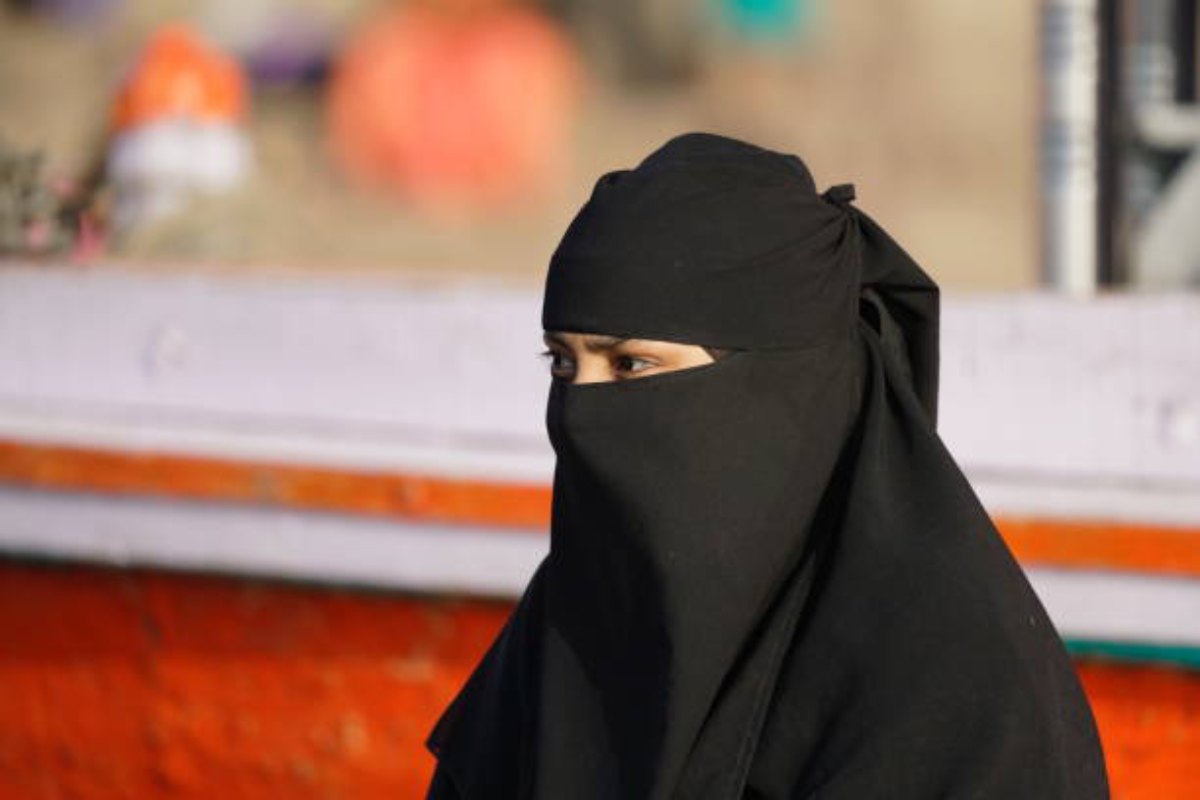Modi Govt cannot be labelled as a fascist regime: CPI-M
The CPI-M has apparently revised its position on Modi Government. The CPI-M in its draft political resolution states that the Modi Government cannot be labelled as a fascist regime.
Stating that personal law reform is very important for Muslim women, Dr Mumthas said she has faith in the Left and that she hopes they will correct the mistake.

[Representational Photo : iStock]
Writer and chairperson of ‘Forum For Muslim Women’s Gender Justice’, Dr. Khadeeja Mumthas has come out against the action of the CPI-M in not giving opportunity to Muslim women to speak at the seminar organised by the left party against the Uniform Civil Code (UCC) in Kozhikode on Saturday
Speaking to a Malayalam news channel on Sunday, Dr. Mumthas said the action of the CPI-M leaders in not giving opportunity to Muslim women to speak at the seminar against the Uniform Civil Code (UCC) was wrong . Was it to avoid the wrath of the religious leaders that the organisers avoided women on the stage of the UCC seminar, she asked
Advertisement
Dr. Mumthas said that she was approached by the organisers of the event, but they did not extend a formal invite to her as some of her views on the matter were in contrast with that of CPI -M.
Advertisement
“It’s Muslim women who are facing the difficulties of Muslim personal law. Prime Minister Narendra Modi has spoken about implementing the UCC. The issues faced by Muslim women are still a reality. In this context, a seminar to discuss the UCC should have included Muslim women as speakers” said Dr. Mumthas
Stating that personal law reform is very important for Muslim women, Dr. Mumthas said she has faith in the left and that she hopes they will correct the mistake.
VP Zuhara, the founder of NISA, a movement for reformation in Muslim Personal Law said the CPI-M leaders can’t invite Muslim ladies on stage, as they want to appease Samastha Kerala Jamiyyathul Ulama leaders.
Zuhara further said though NISA had been calling for the implementation of UCC under the present political scenario, they are anxious about the Central government’s agenda.” Now we demand inclusion of Muslims under the Indian Succession Act,” Zuhara said
Meanwhile,union minister for external affairs, V Muralidharan asked CPI-M leaders as to why no Muslim women were invited to speak at the seminar against the Uniform Civil Code (UCC). They should be given an opportunity to voice their opinions on UCC as they are facing the difficulties of Muslim personal law.
Advertisement